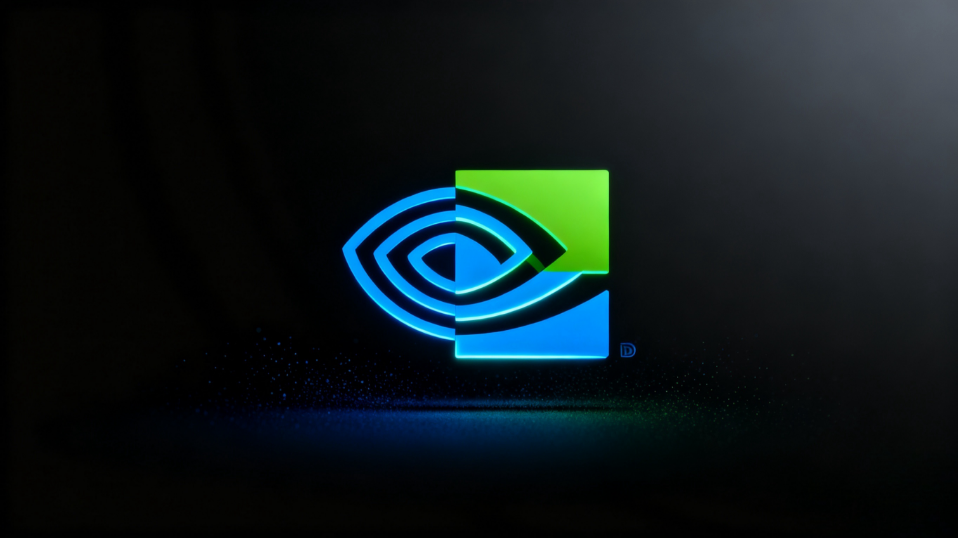
On Tuesday local time, NVIDIA announced that it will invest $10 billion in Nokia to accelerate AI-RAN innovation and lead the transition from 5G to 6G.
That day, NVIDIA's stock price surged nearly 5%, at one point rising over 6% during the trading session, with a total market capitalization approaching $5 trillion.
Nokia's stock price saw an even more significant rally, jumping nearly 30% at one point, reaching its highest level since January 2021. It ultimately closed up over 22%, with a total market capitalization exceeding $40 billion.
It is reported that NVIDIA will invest $10 billion in Nokia at a subscription price of $6.01 per share. Subject to certain customary closing conditions, NVIDIA will subscribe to these shares, which will give NVIDIA a 2.9% stake in Nokia.
Additionally, the two companies have entered into a strategic collaboration to jointly develop next-generation 6G mobile communication technology. Nokia stated that it will adapt its 5G and 6G software to run on NVIDIA's chips and will collaborate on artificial intelligence network technologies. It is reported that commercial-grade AI-RAN products enabled by NVIDIA will be integrated into Nokia's RAN product portfolio; Nokia will launch AI-native 5G-Advanced and 6G networks on the NVIDIA platform.
Furthermore, T-Mobile US will collaborate with both companies to promote and test AI-RAN technology. Testing is expected to begin in 2026, focusing on field validation of performance and efficiency improvements for customers.
In 1998, Nokia became the world's largest mobile phone manufacturer and maintained this dominant position for 10 years. However, as Apple's iOS and Google's Android systems gradually became mainstream, Nokia, based on the Symbian system, was completely left behind in the mobile phone market competition. In 2013, Nokia sold its mobile phone business to Microsoft. In recent years, Nokia has primarily been providing 5G mobile communication equipment to telecommunications operators.
















